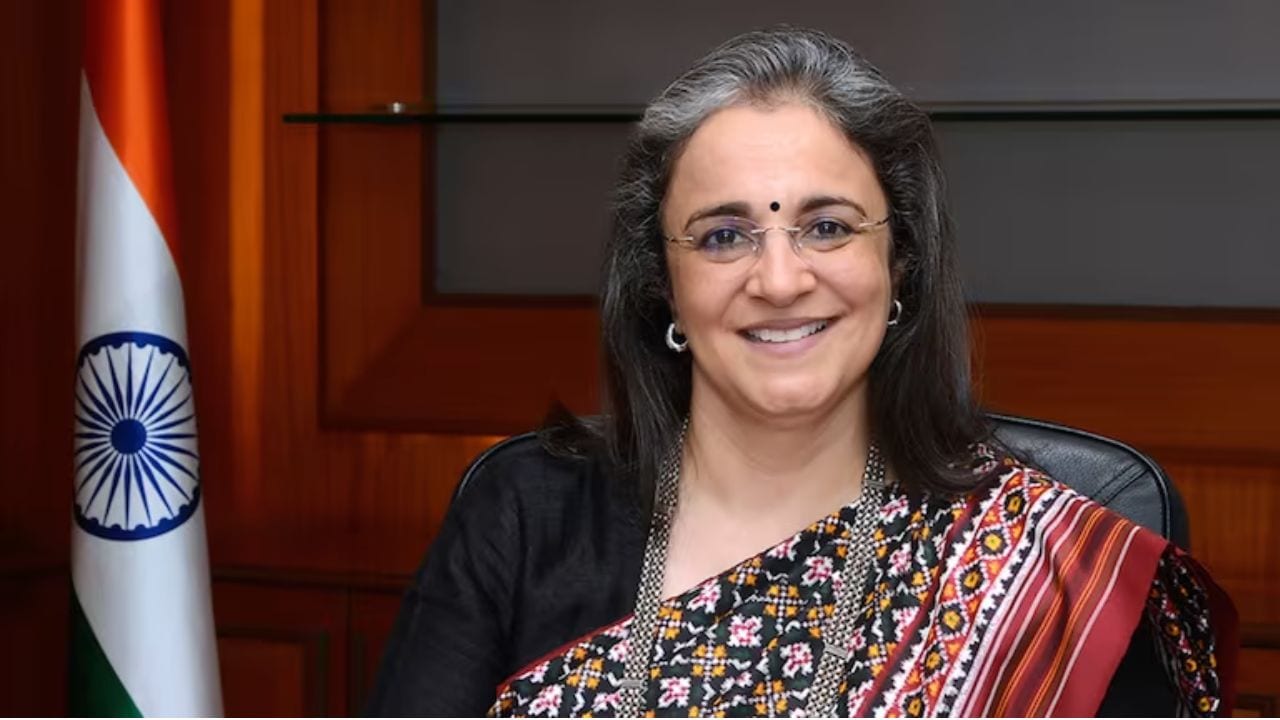The Securities and Exchange Board of India (SEBI) is contemplating comprehensive measures to regulate ‘finfluencers’ as concerns about investors falling prey to unregulated guidance rises. “The Securities and Exchange Board of India (SEBI) is contemplating guidelines to rein in finfluencers’ activities,” SEBI chairperson Madhabi Puri Buch said on March 11, at an Association of Mutual Funds in India (AMFI) event in Mumbai.
These proposed regulations aim to overhaul registration norms, simplifying the process to facilitate ‘ease of registration’ for these influencers, while ensuring greater transparency and accountability, CNBC-TV18 reported, citing Buch’s comments made at the event.
Among SEBI’s proposed measures is the establishment of a Performance Validation Agency (PVA), a third-party entity tasked with verifying performance claims made by market participants, including Portfolio Management Services (PMS), Mutual Funds (MFs), and Investment Advisors. The PVA aims to play a crucial role in validating performance reports, bolstering trust and reliability within the financial ecosystem.
Last year, SEBI came down heavily on unregistered finfluencers providing illegal investment advice through social media. Restrictions have been imposed on intermediaries, such as brokers and mutual funds, from engaging unregistered finfluencers for product promotion.
On October 25, 2023, finfluencer and educator Mohammad Nasiruddin Ansari, who has a strong social media presence on platforms like Telegram, YouTube and X, was banned by SEBI for providing investment advisory services without the required registration.
Popularly known as ‘Baap of Chart’, he also had to refund Rs 17.20 crore, which as per SEBI’s order was earned through ‘illegal advisory service’. As mentioned by SEBI, under the guise of educational training pertaining to the securities market, Ansari was providing stock recommendations.
Additionally, he convinced investors to enroll in his courses which were provided through the ‘Baap of Chart’ application. The courses stressed upon strategies for investing in the securities market. This was followed by guaranteeing a certain yet a consistent profit, stated the media report. Once the investor proceeds ahead to purchase the course, he or she becomes a part of a private chat group. The chat group provides recommendations on ‘buy’ and ‘sell’ in the domain of securities.
In May 2023, SEBI barred PR Sundar, a YouTuber and options trader, from trading for one year. This was after complaints emerged that Sundar, his company Mansun Consulting, and co-promoter Mangayakarasi Sundar provided investment advisory services without being registered with the regulator.
Sundar agreed to pay a settlement amount of Rs 46.8 lakh. This was followed by disgorgement of Rs 6 lakh including the profit earned from advisory services and the interest paid on it.
In the same month, finfluencer Gunjan Verma was let off with a warning by SEBI after allegations that she provided investment advisory services without any registration.
ASCI Guidelines
Last year, ad industry body the Advertising Standards Council of India (ASCI) revised its guidelines, mandating SEBI registration for influencers in the banking, financial services, and insurance (BFSI) sector.
The guidelines for finfluencers stated that influencers could offer investment-related advice only after getting registered with SEBI and they must display their registration numbers alongside their name and qualifications.
The disclaimer that influencers would need to display includes superimposing their qualifications, registration or certification details on visuals that are readable or upfront.
For other financial advice services, influencers are required to possess credentials or a licence from the Insurance Regulatory and Development Authority of India, or they must be qualified chartered accountants or company secretaries.
SEBI has also released two consultation papers focusing on payment structures associated with financial advice and education, as well as partnerships between regulated entities and finfluencers.
Read More: Explained: The rise of finfluencers and how guidelines for them evolved
